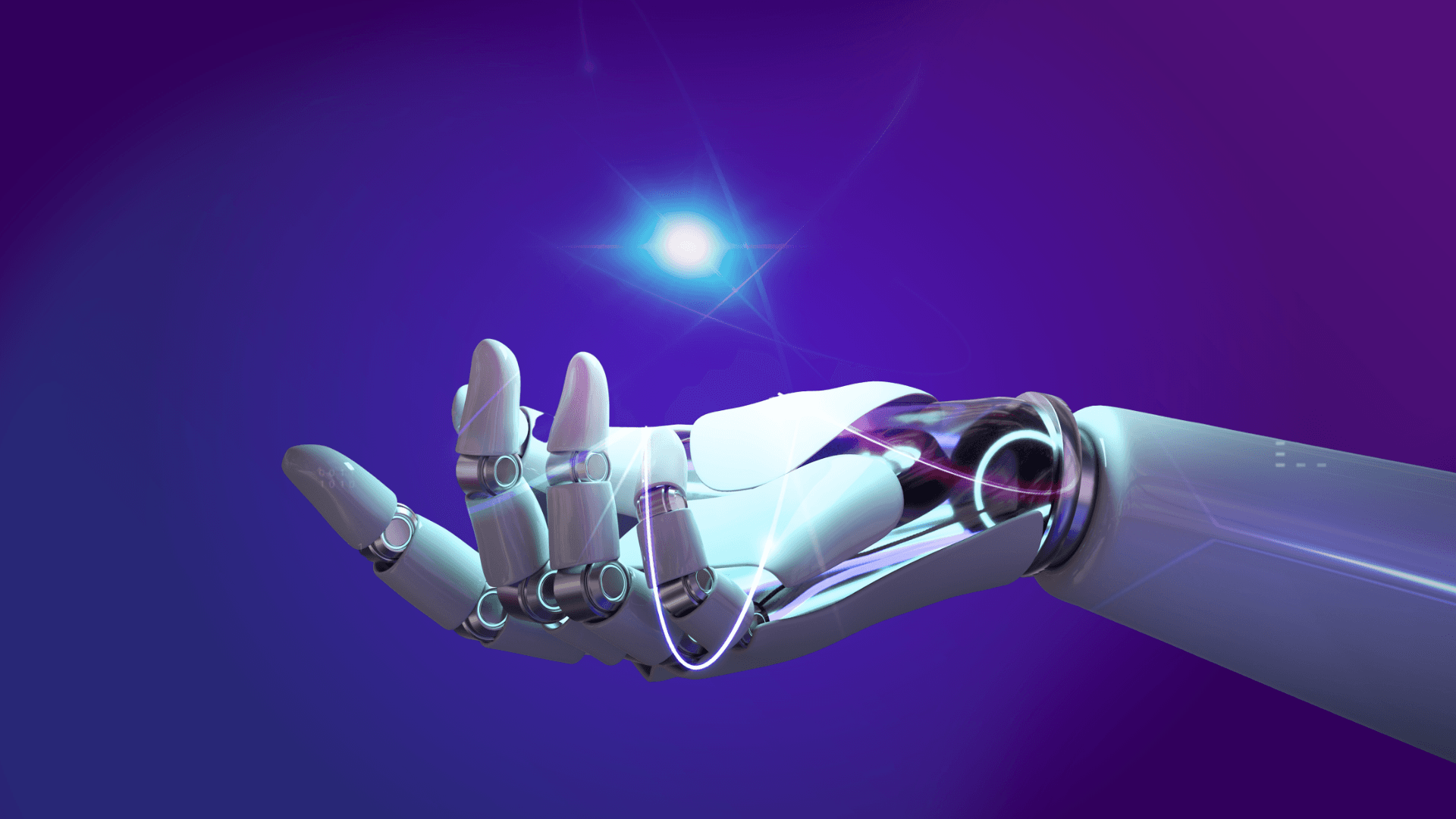Mar 21, 2023
5 Complementary AI Skills to Survive and Thrive in the AI Era
Communication, data analysis, fact-checking, critical thinking, and automation: Learn about the key skills needed to survive in the dawn of the artificial intelligence era.

The recent launch of GPT-4 has flooded the internet with conversations about the future of work, and stirred long-held fears and hopes over the widespread use of artificial intelligence at the workplace.
And understandably so, as people are accomplishing a myriad of feats with GPT-4 - from designing app components and creating simple apps to turning napkin sketches into functional websites.
At this point, two distinct perspectives are emerging.
On one hand, there are those who believe that AI will eventually substitute humans in many jobs, leading to widespread job displacement and unemployment.
On the other hand, some think that AI will complement human work, leading to new job opportunities that will unleash our creative potential.
Regardless, one thing is certain: AI models are getting scary good, and acquiring skills that complement them can be a good investment career-wise.
With this in mind, we’ve researched the key complementary skills white-collar workers need to survive and thrive in the dawn of the artificial intelligence era.
1. Communication
There are two reasons why good communication skills complement AI.
First, communication is essential for writing effective prompts that AI will turn into outputs (such as text, images, designs, or code).
Good prompting reduces the time needed to attain ideal outputs, and helps adjust the budget for AI products (which can easily balloon due to poor prompting practices).
So, in order to use AI more effectively, writing concise, descriptive prompts is a plus.
Second, good communication skills are needed to explain AI concepts and results to both technical and non-technical stakeholders.
In summary, honing your communication skills will allow for better interactions with AI, and also help you explain these in a simple, effective manner to anyone else.
2. Data analysis and interpretation
While it may sound pretty obvious, it’s important to be knowledgeable about the inputs you feed AI with, and to be able to analyze the outputs you get in return.
AI is not here to solve the mysteries of the universe for us (not yet at least), but to speed up a number of tasks in a dramatic way.
And for this to happen, understanding what we’re doing and why is still a basic requirement.
Data analysis and AI are complementary because data analysis involves understanding and interpreting data to gain insights and make informed decisions.
In other words, there’s no point in solving tasks faster if you don’t know what kind of tasks you are solving, or why.
3. Fact-checking
While AI has been automatically checking facts for a number of years already, human fact-checkers are still necessary to make final determinations about the veracity of information.
This happens because the context and nuance of the information can be subtle enough that it can only be interpreted by a trained, knowledgeable person.
Thanks to AI’s incredible capabilities to produce different types of written content, it’s safe to say that many professionals (ranging from journalists to lawyers and bloggers) will be moving into fact-checking positions, where their subject-matter expertise will be instrumental in assessing the outputs of AI.
At the same time, AI will likely become part of a feedback loop; not only will it be able to produce content, but also to analyze human-produced content for errors as well.
4. Critical thinking and problem solving
Critical thinking is a complementary AI skill because it enables individuals to evaluate the outcomes generated by AI algorithms and models in a thoughtful and nuanced manner.
Yes, AI can process vast amounts of data, identify patterns, and make predictions with a high degree of accuracy, but it’s not sentient, human-like AI - and as such, it lacks the capacity to produce independent thought and critical evaluation.
With critical thinking skills, individuals can examine and evaluate the assumptions and limitations of AI models, consider alternative explanations or hypotheses, and assess the potential risks and benefits of the outcomes generated by AI.
5. Automation
There are two reasons why automation is one of the most interesting complementary AI skills you can obtain.
First, you can train to become an automation specialist right now - there’s no need to wait for it.
Second, automation is the easiest, most straightforward way to scale the power of AI to a whole new dimension.
For example, if you are a writer using AI, you might as well rely on GPT to speed up the production process of a blog post.
Now, when you add automation to the mix, you’ll be able to speed up the production of hundreds of blog posts automatically, rather than doing one at a time.
Automation platforms like Make allow you to scale artificial intelligence and turn it into a content factory capable of producing social media content, blog posts, customer support answers, web copy, and contracts, among other outputs.
Conclusion: Developing a “human plus machine” workforce
The idea behind skilling up in the era of AI is in line with an optimistic worldview where AI is used to augment human intelligence instead of antagonizing or fully replacing it.
When AI and humans engage in a complementary partnership in which a human-and-AI team’s overall performance is greater than their individual capacity, we’ll be facing nothing but intelligence augmentation at large.
To get there, we will need to understand AI, and learn how to get the most out of it; and to achieve that, skilling up is the way.
Ready to make the automation revolution happen?

